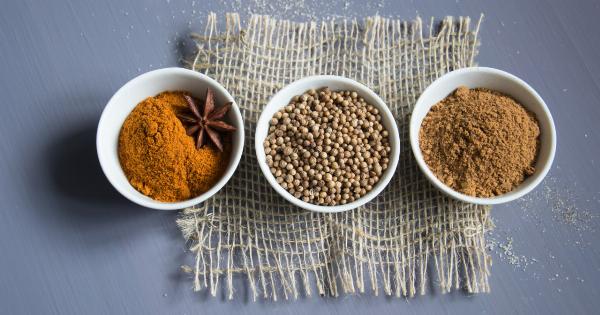Stomach ulcers, also known as peptic ulcers, are open sores that develop on the lining of the stomach or the upper part of the small intestine. They can cause pain, discomfort, and other digestive symptoms.
One common myth about stomach ulcers is that spicy foods can cause or worsen them. In this article, we will look at the relationship between spicy foods and stomach ulcers, exploring whether there is any truth to this popular belief.
What Are Spicy Foods?
Spicy foods are known for their flavor-enhancing properties, often achieved through the addition of various spices and peppers. These foods can range from mildly spicy to extremely hot, depending on the level of heat-inducing compounds they contain.
Some common examples of spicy foods include chili peppers, curry, hot sauces, and certain types of Mexican, Indian, and Thai cuisines.
Understanding Stomach Ulcers
To comprehend the potential link between spicy foods and stomach ulcers, it is essential to understand how these ulcers are formed. The most common cause is a bacterial infection known as Helicobacter pylori (H. pylori).
Other factors that can contribute to the development of ulcers include excessive use of nonsteroidal anti-inflammatory drugs (NSAIDs), such as aspirin and ibuprofen, and chronic alcohol consumption.
The Role of Spicy Foods in Stomach Ulcers
Contrary to popular belief, spicy foods, in and of themselves, do not cause stomach ulcers. However, they can exacerbate the symptoms in individuals who already have ulcers.
Spicy foods can irritate the lining of the stomach, leading to increased pain, burning sensation, and discomfort. Therefore, it is advisable for individuals with stomach ulcers or those prone to developing ulcers to avoid or limit their intake of spicy foods to prevent symptoms from intensifying.
Acid Production and Spicy Foods
One reason why spicy foods might not be ideal for individuals with stomach ulcers is their potential to stimulate acid production. Spicy foods contain capsaicin, a compound responsible for the sensation of heat.
Capsaicin can trigger the release of gastric acid, which can irritate the already sensitive lining of the stomach and worsen ulcer symptoms. It is important to note that spice tolerance varies from person to person, and some individuals may be more sensitive to the effects of capsaicin than others.
Preventing Stomach Ulcers
While spicy foods themselves may not directly cause stomach ulcers, adopting a diet that helps prevent their formation or relapse is crucial. Here are some tips to promote gastric health:.
1. Avoid Triggering Factors
Identify any foods or substances that may exacerbate your ulcer symptoms and avoid consuming them. These triggers can vary from person to person, but common examples include alcohol, caffeine, citrus fruits, fatty foods, and certain medications.
2. Eat a Balanced Diet
Include a variety of fruits, vegetables, whole grains, lean proteins, and low-fat dairy products in your diet. A balanced diet provides essential nutrients to support the healing of existing ulcers and decreases the risk of new ulcers.
3. Quit Smoking
Smoking damages the lining of the stomach, weakens the immune system, and delays the healing process. Quitting smoking is important not only for preventing stomach ulcers but also for overall health.
4. Manage Stress
Stress does not directly cause stomach ulcers, but it can worsen symptoms and delay the healing process. Incorporate stress management techniques such as meditation, exercise, and relaxation exercises to reduce stress levels and promote gastric health.
5. Seek Medical Treatment
If you suspect you have a stomach ulcer or are experiencing symptoms such as abdominal pain, indigestion, or heartburn, seek medical attention. Your healthcare provider can diagnose the underlying cause and recommend appropriate treatment options.
Conclusion
While spicy foods do not directly cause stomach ulcers, they can aggravate symptoms in individuals with ulcers or those prone to developing them.
The irritant nature of spicy foods and their potential to stimulate acid production can lead to increased pain and discomfort. It is essential to listen to your body, manage your diet, and seek medical advice if you are experiencing any ulcer-related symptoms.
By adopting a balanced diet and making lifestyle changes, you can work towards preventing and managing stomach ulcers effectively.





























